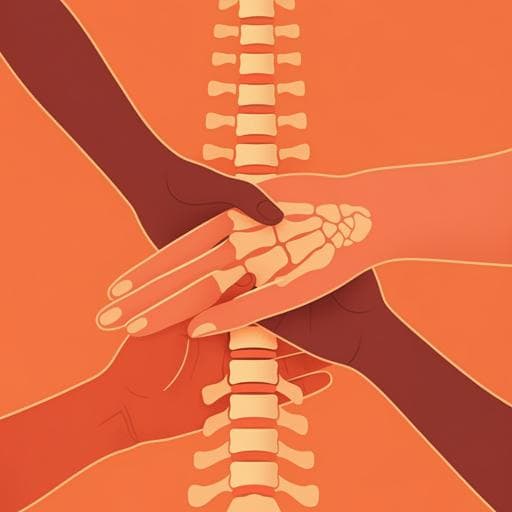
Health and Fitness
The challenges characterizing the lived experience of caregiving. A qualitative study in the field of spinal cord injury
C. Zanini, J. Amann, et al.
This qualitative study delves into the lived experiences of caregivers of individuals with spinal cord injury in Switzerland, revealing the dynamic challenges they face across different phases of caregiving. Conducted by Claudia Zanini, Julia Amann, Mirjam Brach, Armin Gemperli, and Sara Rubinelli, the research highlights the vital role of informal caregivers and emphasizes the need for adaptable strategies to support them.
Related Publications
Explore these studies to deepen your understanding of the subject.







